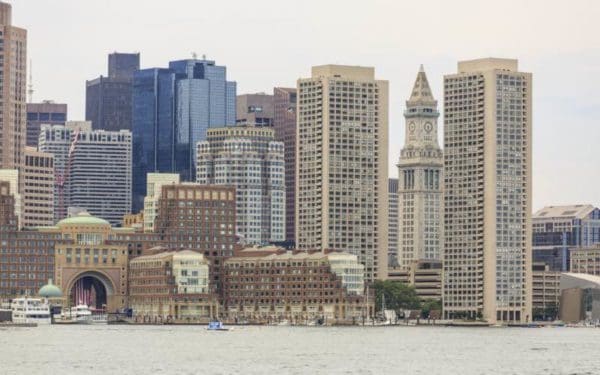A Victory 32 Years in the Making
The Green Line extension to Medford is finally here. Today, after 8 years of delays, a new branch of the Green Line – consisting of five stations reaching out into Medford – opened its doors to riders.
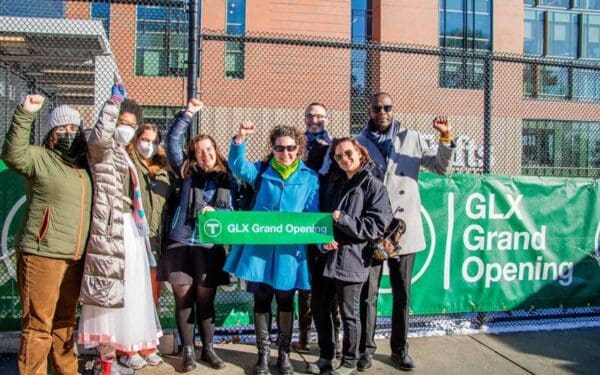
The Green Line extension to Medford is finally here. Today, after 8 years of delays, a new branch of the Green Line – consisting of five stations reaching out into Medford – opened its doors to riders.

“Widespread gentrification and neighborhood changes are clearly impacting the health of longtime residents,” said Reann Gibson, an HNS Research Scientist at Conservation Law Foundation (CLF). “Decades of redlining and racism have affected communities of color, and now gentrifying development is threatening these neighborhoods all over again. The study’s findings are yet one more reason why people must have power over the changes that could profoundly alter their communities.”

“Completely shutting down the Orange Line for 30 days is unacceptable,” said Staci Rubin, Vice President of Environmental Justice at CLF. “It’s awful that the T has failed to maintain tracks and infrastructure for so long that it now warrants a monthlong shutdown. Replacement buses will more than double travel times, disrupting the lives of hundreds of thousands of riders. At the very least, the T must implement bus lanes for the entire length of the route and run more frequent commuter rail service.”
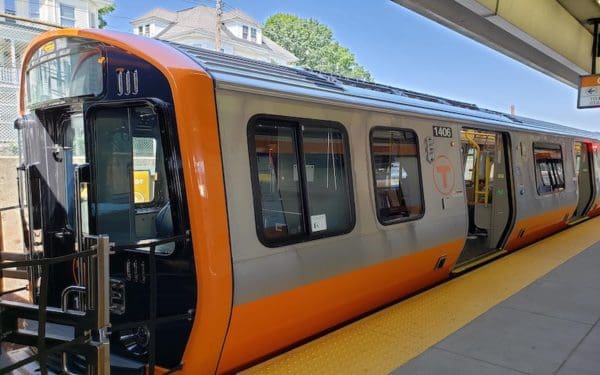
“Every time it rains, a toxic stew is running into three of the area’s most iconic rivers,” said Caitlin Peale Sloan, Vice President of CLF Massachusetts. “We’ve repeatedly asked the EPA to clean up this pollution, but our pleas have fallen on deaf ears. It’s time for the agency to hold these large properties accountable for the constant damage they’re doing to our cherished rivers.”

“As we’ve been saying for years, the state’s MHP process is fundamentally flawed,” said Deanna Moran, Interim Vice President of Healthy and Resilient Communities at CLF. “The developer-driven Downtown MHP would have resulted in less public access to one of the city’s greatest treasures – Boston Harbor. Today’s ruling makes it clear that it’s time to center waterfront planning on public access and community input, not developer profits.”
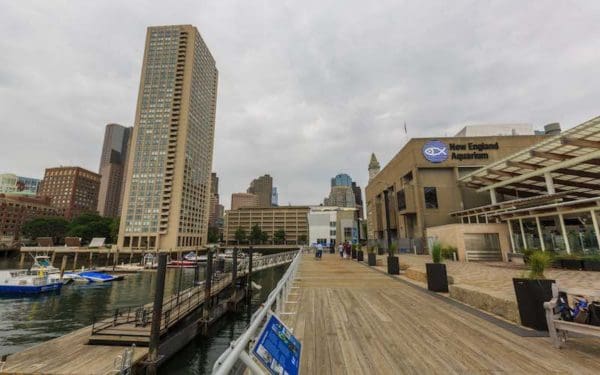
“The public has a right to know how much value developers are truly gaining when they depart from waterfront rules,” said Deanna Moran, CLF Director of Environmental Planning. “This calculator allows us to put a dollar value on the replacement public benefits offered by developers for the first time. This increased transparency will allow residents and regulators alike to better evaluate new waterfront projects and understand the tradeoffs at play.”
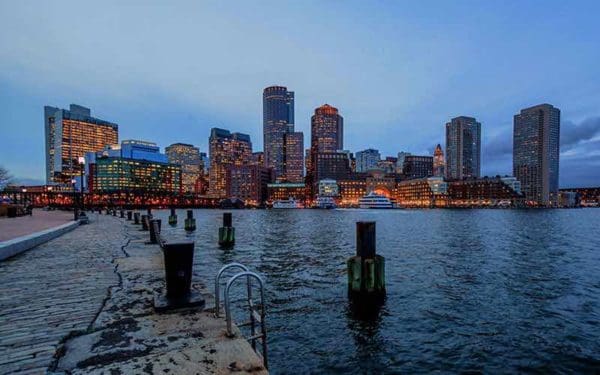
“Boston has the opportunity to be a national leader in tackling these overlapping crises head-on,” said Caitlin Peale Sloan, Vice President of CLF Massachusetts. “Climate, justice, and transportation issues affect everyone in Boston, and we’ve historically seen little progress on these issues. It’s time for Mayor-Elect Wu to make these issues a priority and commit to real progress that will positively impact the entire city.”

“Governor Baker’s comments regarding Boston’s Downtown Municipal Harbor Plan make little sense,” said CLF Senior Counsel Peter Shelley. “It is ironic that the governor won’t accept the City of Boston’s decision, since state officials have always touted the importance of local control in this planning process. The Superior Court made it clear: the Baker Administration’s process for handling municipal harbor plans violates state law. Governor Baker’s decision to ignore Mayor Janey’s request further politicizes what is already a deeply flawed process that puts developer interests ahead of public access rights and the environment.”

“This ad hoc, parcel-by-parcel, project-by-project resilience approach is not a long-term solution,” she said, asking instead for “a better strategy” to bring the development community into conversation and leverage new development to build protections that benefit the entire neighborhood.
“Public access to Boston’s beautiful waterfront won today,” said Peter Shelley, Senior Counsel at CLF. “State officials acted unlawfully in coming up with the Downtown Municipal Harbor Plan and handed private developers a free pass to create new rules to benefit themselves. The judge saw right through this effort and affirmed that only the state’s Department of Environmental Protection can make decisions that protect the public’s centuries-old right to access the water and waterfront.”
